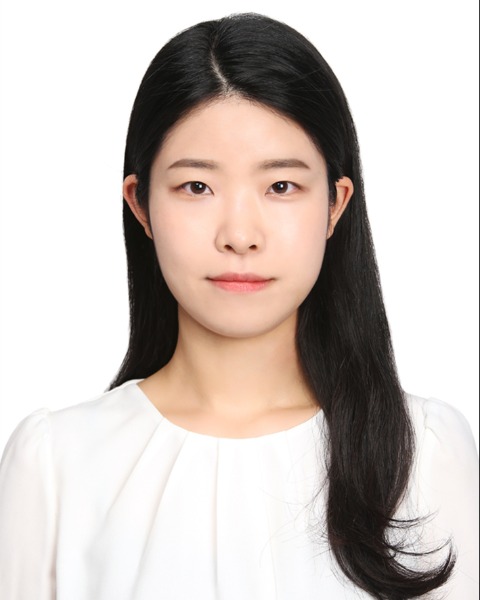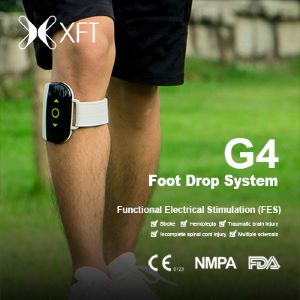Big Data
The Mediating Effect of Play and Social Activities on the Path between Sleep Habits and Problem-Solving Skills
Wednesday, November 1, 2023
2:15 PM - 2:21 PM
Location: Station 12

Yeonju Jin
Doctoral Course, Student
Yonsei University
Wonju, United States- IH
Ickpyo Hong, PhD. OTR
Assistant Professor
Yonsei University
Wonju, Kangwon-do, Republic of Korea
Presenting Author(s)
Non-presenting Author(s)
Research Objectives: To investigate the mediating effect of play and social activities on the path between sleep habits and problem-solving skills.
Design: We utilized a national population-based sample of newborn babies born in 2008 from the Panel Study on Korean Children. A retrospective cross-sectional cohort design with path analysis and structural equation modeling approaches.
Setting: General community.
Participants: We retrieved a total of 1,734 toddlers who participated to questionnaires on three research variables in the 3rd wave of the Panel Study on Korean Children.
Interventions: Not applicable.
Main Outcome Measures: We used the sleep habits (4-items) as the independent variable, play and social activities (5-items) as the mediator variable, and problem-solving skills (6-items) as the dependent variable.
Results: The average of the age was 26.2 month (SD = 1.3), and 885 (51%) were boy. The path model showed that there was the full mediating effect (β = 0.137, p< .006) of play and social activities on sleep habits and problem-solving skills. However, the direct effect (β = -0.015, p < .871) and total effect (β = 0.122, p< .057) of sleep habits association between problem-solving skills were not significant. The path model demonstrated good model fit results. These results indicate that only indirect effects of play and social activities in the effect of sleep habits on problem-solving skills.
Conclusions: The study indicated that play and social activities were associated with sleep habits and problem-solving skills. In addition, there was a full mediating effect of play and social activities on the association between sleep habits and problem-solving skills. The findings suggest the importance of play and social activities between sleep habits and problem-solving skills.
Author(s) Disclosures: All authors claim no conflicts of interest.
Design: We utilized a national population-based sample of newborn babies born in 2008 from the Panel Study on Korean Children. A retrospective cross-sectional cohort design with path analysis and structural equation modeling approaches.
Setting: General community.
Participants: We retrieved a total of 1,734 toddlers who participated to questionnaires on three research variables in the 3rd wave of the Panel Study on Korean Children.
Interventions: Not applicable.
Main Outcome Measures: We used the sleep habits (4-items) as the independent variable, play and social activities (5-items) as the mediator variable, and problem-solving skills (6-items) as the dependent variable.
Results: The average of the age was 26.2 month (SD = 1.3), and 885 (51%) were boy. The path model showed that there was the full mediating effect (β = 0.137, p< .006) of play and social activities on sleep habits and problem-solving skills. However, the direct effect (β = -0.015, p < .871) and total effect (β = 0.122, p< .057) of sleep habits association between problem-solving skills were not significant. The path model demonstrated good model fit results. These results indicate that only indirect effects of play and social activities in the effect of sleep habits on problem-solving skills.
Conclusions: The study indicated that play and social activities were associated with sleep habits and problem-solving skills. In addition, there was a full mediating effect of play and social activities on the association between sleep habits and problem-solving skills. The findings suggest the importance of play and social activities between sleep habits and problem-solving skills.
Author(s) Disclosures: All authors claim no conflicts of interest.
Learning Objectives:
- Upon completion, participant will be able to understand the complex relationships across play and social activities, sleep habits and problem-solving skills.
- Upon completion, participant will be able to identify the indirect effect of play and social activities on problem-solving skills.
- Upon completion, participant will be able to illustrate the mediating effect of play and social activities on the association between sleep habits and problem-solving skills.

.jpg)
